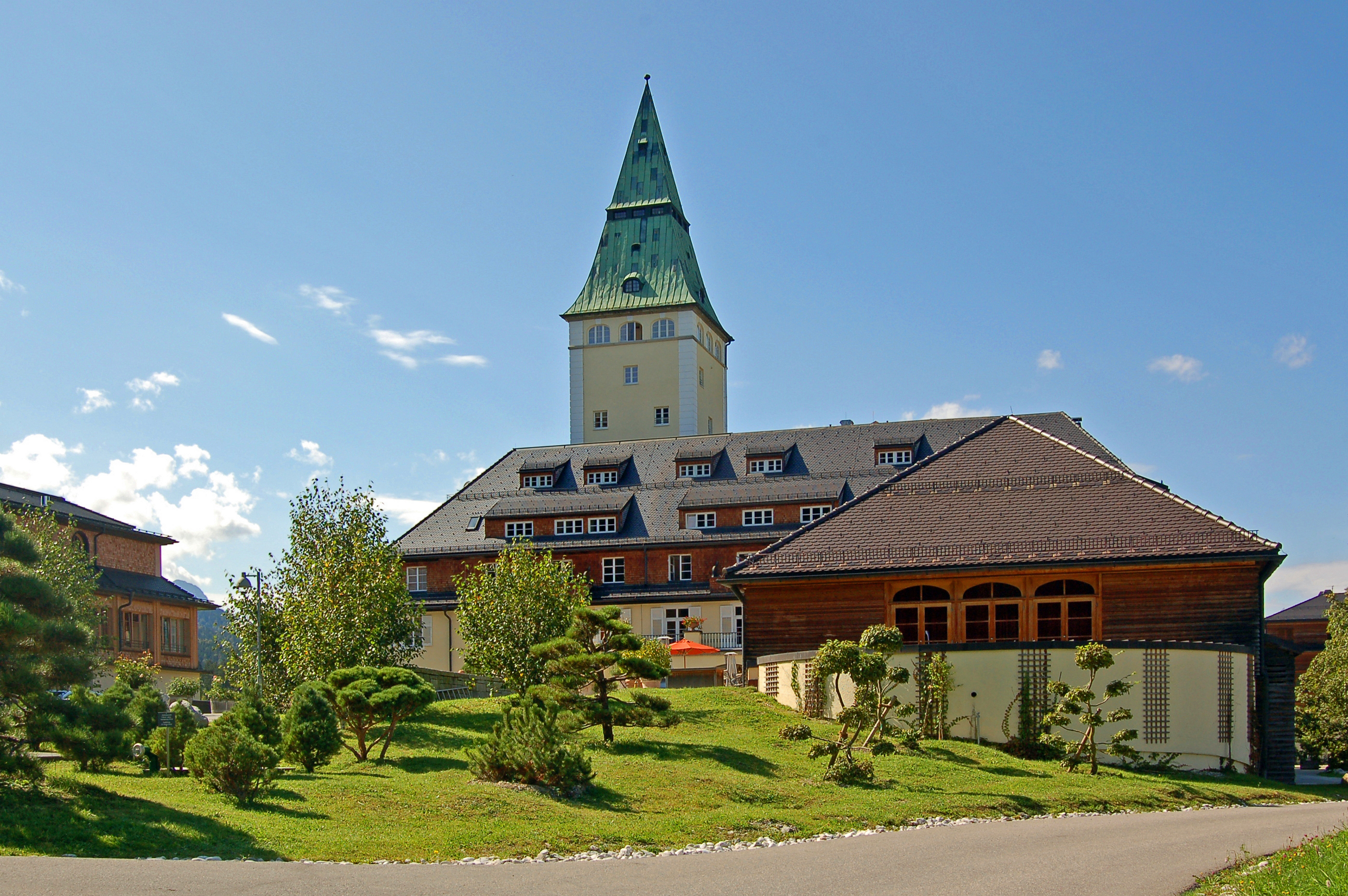World Bank Spring Meetings Minister Schulze wants to forge alliance for global food security
Development Minister Schulze said: “Russia's war of aggression has dramatic consequences far beyond Ukraine. We are faced with what may become the most severe global food crisis in decades, and it will hit, above all, the poorest in Africa, the Middle East and Asia. Putin is using hunger, too, as a weapon. We have to take action against this through a policy for global food security. Food security is not only a human right but also a key element of far-sighted security policy. In Washington, I will be calling for improved coordination of action against the food crisis – among donors but also with international organisations and all other players who want to become active.”
The war of aggression of Russia's President Putin against Ukraine has dramatically worsened the situation in global agricultural markets, which had already been tight. Developing countries in particular are at risk of famine and destabilisation. Grain exports from Russia and Ukraine will decrease and food prices are rising because farmers in Ukraine are unable to plant their fields or harvest their crops. The situation is further aggravated by export restrictions, for instance in Russia.
Minister Schulze said: “Our goal must be to save millions of people from dying of starvation. There is a great readiness among donors to provide help. However, what is vital for developing countries is that donors and organisations act in a coordinated, quick and far-sighted manner. In our response to the COVID-19 pandemic, we have managed to create an agile multilateral platform that has launched the biggest immunisation campaign in history. As a global community, we should look at our lessons from that effort and apply them to our response to the food crisis.”
In the run-up to the World Bank meetings, Schulze had already raised her proposal for an alliance for global food security among the G7. In Washington, there will be a dedicated event on Thursday to discuss the idea with further governments. If agreement is reached, work on the details will begin. What is clear is that the alliance is to be open to all players who want to become active – governments, international organisations, but also foundations and the private sector.
Germany will provide very active support, including financially: Federal Chancellor Olaf Scholz has already announced that the German government will make available an additional 430 million euros for food security in response to the Ukraine war.
Other key topics on the agenda in Washington will be multilateral coordination of the support for Ukraine, and climate action. In the margins of the Spring Meetings, Minister Schulze will have bilateral talks with a number of strategic partners. The World Bank is a key partner for the German government with regard to global development finance. Germany is the World Bank Group's fourth largest shareholder.
View public events with the participation of Development Minister Schulze here: live.worldbank.org (External link)
